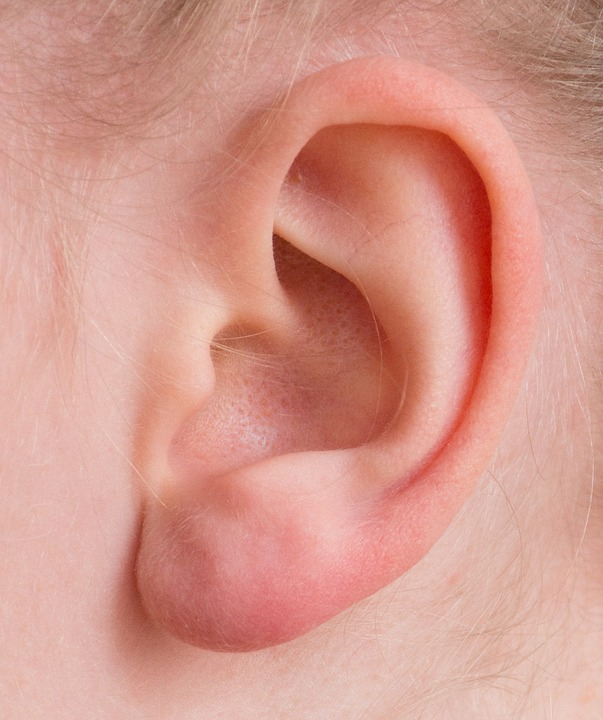
There are many people, who experienced hearing impairment for sometime after listening to loud sounds. Now, a team of researchers at the Linköping University in Sweden has successfully found the real reason behind this peculiar phenomenon.
The study report published in the journal Proceedings of the National Academy of Sciences, PNAS revealed that a tiny structure in the cochlea named tectorial membrane plays a crucial role in triggering hearing impairment issue.
"Most people have experienced that their hearing is impaired and the ear feels numb after listening to loud sounds. After a while hearing returns to normal. We have discovered that a tiny structure in the cochlea known as the tectorial membrane plays an important role in this process, by acting as a storage depot for calcium ions. These calcium ions contribute to regulating the function of the sensory cells," said Anders Fridberger, a researcher at the Department of Clinical and Experimental Medicine, Science Daily reports.
The study suggested that when humans get exposed to loud sounds, calcium ions in the ear drop drastically and thus the function of sensory cells gets affected. However, after some time, calcium ions concentration return to its normal levels that brings back the normal hearing ability.
Scientists conducted this hearing experiment among guinea pigs, and they believe that the duty of the tectorial membrane will be very similar in humans too.
Earlier, scientists believed that the tectorial membrane had only a mechanical function in the human body but, the new research revealed that this membrane has a pivotal role in regulating hearing by storing calcium. As per the new research, the tectorial membrane that lies on the top of the sensory cells has a higher concentration of calcium ions than the surrounding fluid.
"When we expose isolated inner ears to loud noise in the lab, the level of calcium in the tectorial membrane falls, and the sensory cells cease to function. After a while, however, the calcium ion concentration returns to its previous level, and the sensory cells start to function again," added Fridberger.








